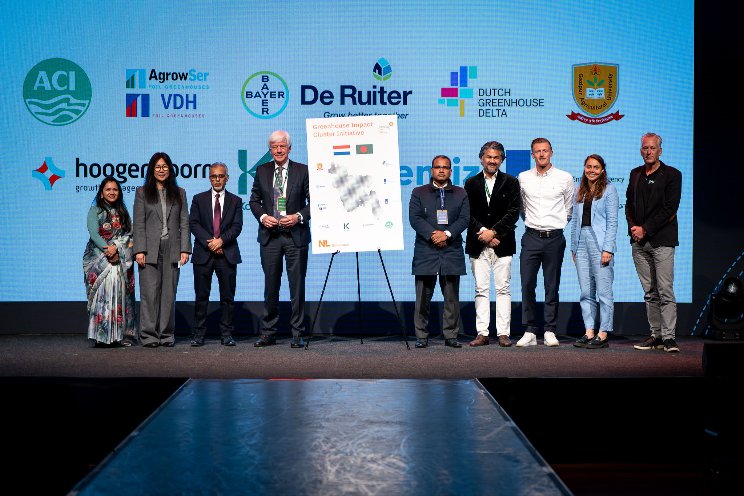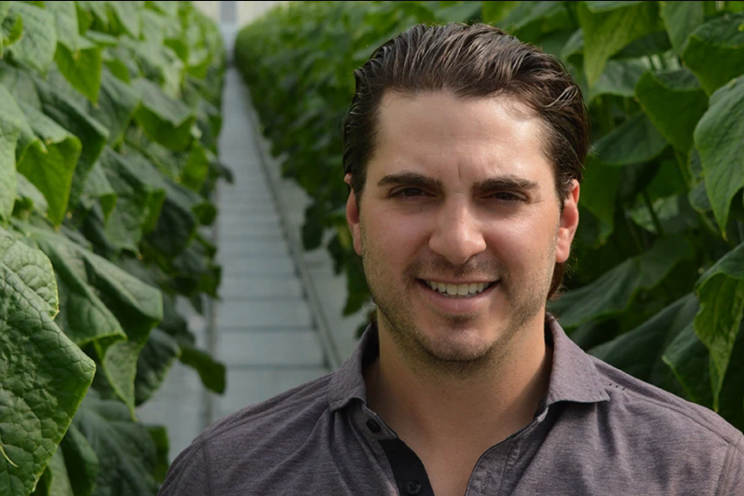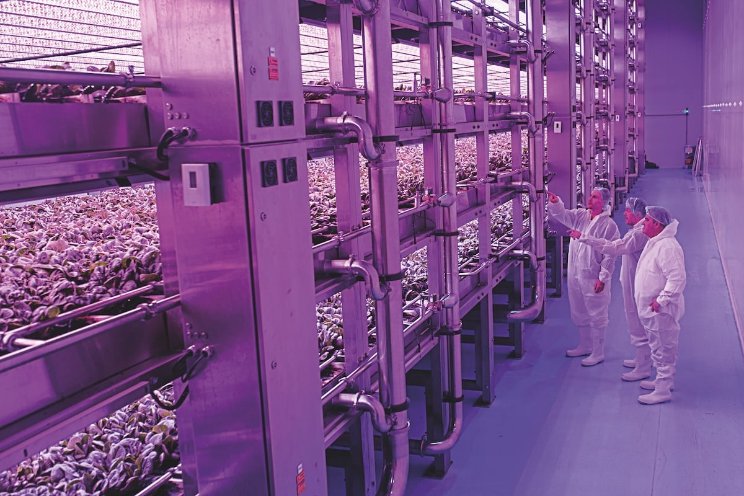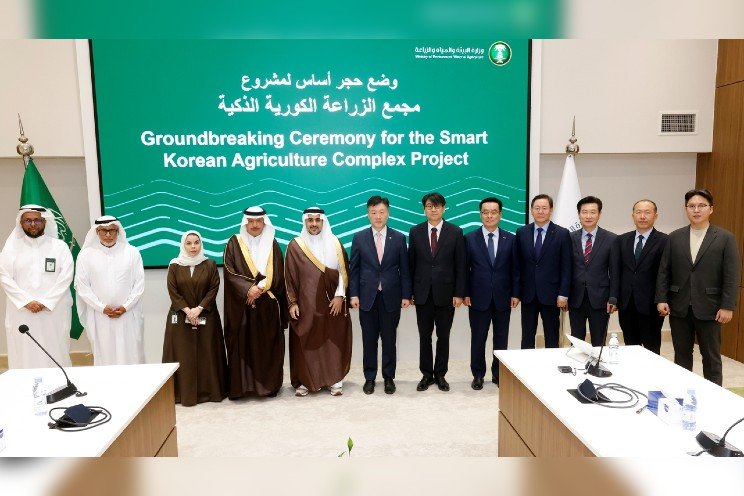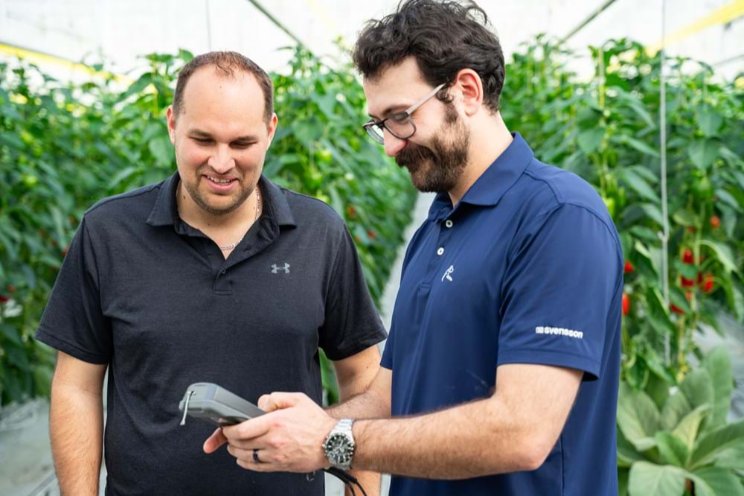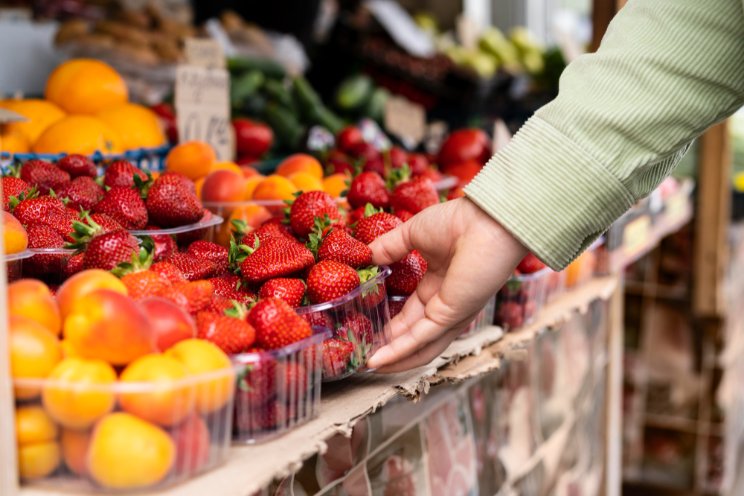Agriculture's future is riskier with no climate change goals
Added on 24 August 2020
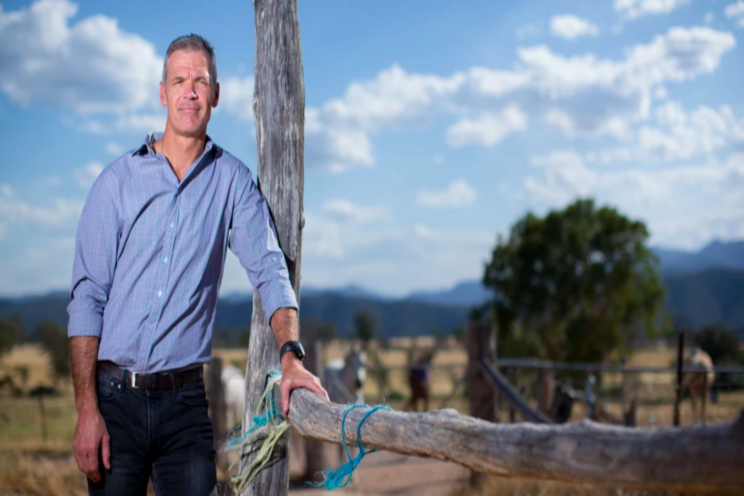
Last week the National Farmers Federation called for an economy-wide net zero deadline and in doing so set a climate goal more ambitious than the federal government and contradicted its policy of not setting a target before finalising plans to reduce emissions.
Tony Mahar, chief executive of the conservative national agriculture lobby group, said on Monday setting an emissions reduction deadline was less risky for agriculture than not having a goal, even if his sector was yet to finalise its plans.
"NFF and our members determined that the uncertainty of not yet having all the answers was outweighed by the risk of taking a passive approach to the decisions impacting agriculture and our role in combating climate change," Mr Mahar said.
Last week Agriculture Minister David Littleproud said he wouldn't support NFF's 2050 target, "particularly when they have not identified any quantifiable pathway to achieve it".
"Ultimately someone's got to pay" for emissions reduction, he said on Monday.
"Its great to have all these aspirations of giving a warm, fuzzy feeling at night... but it will achieve zero. What our government has said is that we will put in place a pathway that will achieve [emissions reduction] and we'll be honest with the Australian public about how we get there."
The farm sector produces about 13 per cent of the country's emissions, and the biggest farm industry lobby, Cattle Council, said Australians' attitudes had forced them to adopt a bolder target than the NFF. The red meat industry collectively is aiming to achieve net zero emissions by 2030.
"The marketplace has determined we need to consider this an objective and we have done that," Cattle Council chief executive Tony Hegarty said. "The red meat industry has aimed high, because that will achieve the best result."
Mr Hegarty said emissions reduction through carbon capture in farm soil and vegetation could become an important income stream for farmers.
The pork industry aims to go beyond carbon neutrality by 2025 and start creating more energy for other industry than it consumes. Piggeries are increasingly operating 'closed loop' energy systems which generate power from burning manure to power their operations and supply surplus energy to other consumers.
Australian Pork, representing one of the more controversial farm industries due to its intensive production and animal welfare concerns, said social licence and economics had driven its ambitious climate action commitments.
"Setting a net zero target gives us an ability to demonstrate we take climate change very seriously," Pork Australia chief executive Margo Andrae said. "We believe the environment is front of mind for the average consumer, so we need to clearly demonstrate our commitment to it, and give the public confidence in our practices."
NFF, which represents industry and state agriculture groups with grassroots farmer members, voted in its net zero 2050 goal last week.
Mr Mahar said there was "a lot of work to be done in developing the plan needed to support agriculture's contribution while also ensuring continued productivity growth".
While some members questioned if the goal was achievable president Fiona Simson said the motion passed with "overwhelming" support.
Photo: National Farmers Federation president Tony Mahar. CREDIT:STEFAN POSTLES.
Source: Sydney Morning Herald
Source: Sydney Morning Herald
More news
